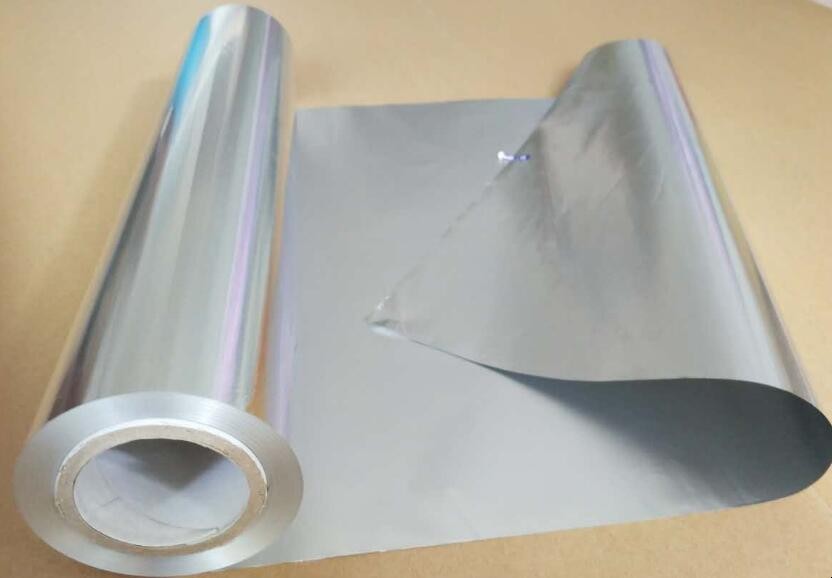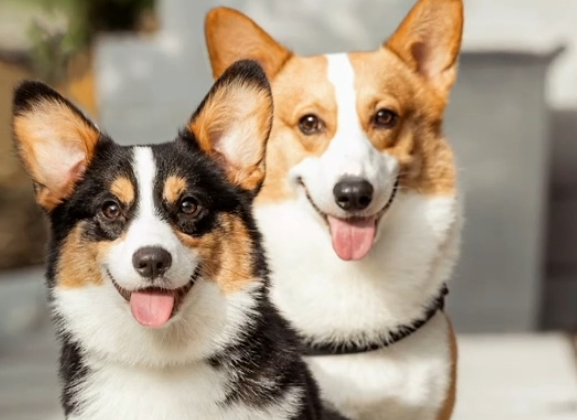Pets often explore their surroundings with curiosity, which can sometimes lead them to encounter various household items, including aluminum foil. Commonly found in kitchens and used for food packaging, aluminum foil poses potential health risks if ingested by pets. This article will discuss the potential dangers of pets ingesting aluminum foil and how to address this situation.
Dangers of Aluminum Foil to Pets
1. Gastrointestinal Obstruction: Aluminum foil is indigestible, and when pets ingest it, it can cause gastrointestinal blockages. Larger pieces or wads of foil are particularly prone to getting stuck in the digestive tract, leading to serious health issues.
2. Digestive System Irritation: The sharp edges of aluminum foil can scratch a pet’s esophagus, stomach, and intestines, causing internal bleeding and infection. The foil can also cause inflammation and irritation in the gastrointestinal tract, leading to vomiting, diarrhea, and loss of appetite.
3. Poisoning Risk: While aluminum itself is not easily absorbed, if the foil is wrapped around toxic substances like chocolate, raisins, or other harmful food residues, pets may exhibit symptoms of poisoning. Additionally, the chemical composition of aluminum foil, when ingested in large quantities, may negatively impact a pet’s health.

Symptoms of Aluminum Foil Ingestion
Pets that have ingested aluminum foil may show the following symptoms:
– Vomiting and retching
– Diarrhea or constipation
– Decreased appetite or refusal to eat
– Abdominal pain or discomfort when touched
– Lethargy or decreased activity
– Weight loss
If your pet displays any of these symptoms, especially if you suspect or know they have ingested aluminum foil, contact your veterinarian immediately.
How to Respond
1. Monitor Symptoms: If you notice your pet has ingested aluminum foil, observe their behavior and physical condition closely. If your pet appears normal and shows no signs of distress, continue to monitor them but be vigilant for any changes.
2. Contact the Veterinarian: If your pet shows signs of vomiting, diarrhea, or other discomforts, or if they have ingested a significant amount of foil, contact your veterinarian immediately. Professional medical assistance is the best way to ensure your pet’s safety.
3. Avoid Inducing Vomiting: Do not attempt to induce vomiting yourself, as the sharp edges of the foil could cause further injury to the esophagus and stomach. Inducing vomiting should only be done under veterinary supervision to avoid additional harm.
4. Provide Water and Soft Food: Before seeing the vet, you can offer your pet plenty of water and easily digestible soft food to help alleviate the digestive system’s burden.
Preventive Measures
1. Store Aluminum Foil Safely: Keep aluminum foil and foods wrapped in foil out of reach of pets, such as in high cabinets or sealed containers.
2. Train Your Pet: Train your pet to avoid chewing on household items. Provide plenty of toys and chew items to satisfy their curiosity and chewing needs.
3. Regular Cleaning: Maintain a clean home environment, especially in the kitchen and dining areas, to ensure pets cannot easily access aluminum foil and other potential hazards.

Conclusione
Ingesting aluminum foil can pose serious health risks to pets, from gastrointestinal obstruction to digestive system irritation and potential poisoning. As a pet owner, it’s crucial to take preventive measures to ensure your pet’s safety. If you suspect or know that your pet has ingested aluminum foil, take appropriate action immediately and seek veterinary assistance if necessary. By implementing preventive measures and responding correctly, you can minimize the risks of aluminum foil ingestion and protect your pet’s health.


